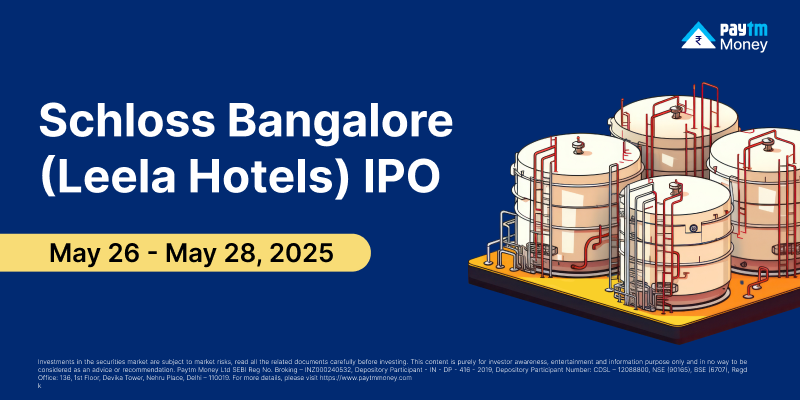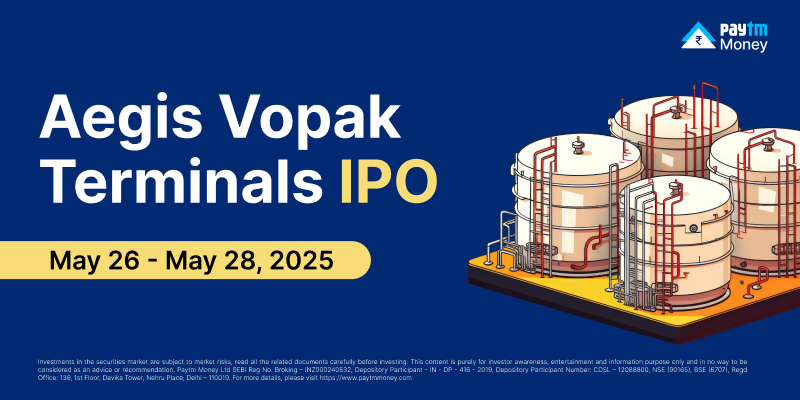6 Reasons To Invest in PMS4 min read
First off, what is a PMS?
Portfolio Management Services (PMS) offers you tailor-made portfolios curated and managed by SEBI licensed portfolio managers. A portfolio customized to fit your desired risk and returns!
Here’s a few key points to note before we jump into the reasons to invest.
- Your portfolio is your Demat account. Your Demat account will determine your future. This makes investing in PMS a lucrative option.
- PMS can involve stocks, fixed income, commodities, real estate, structured products and cash.
- PMS gives you more freedom Mutual Funds, i.e., more transparency, more options, more customization!
1) Expert-led Personalized Investment
PMS provides individualized investment solutions to meet the needs of a wide range of clients. Investors can choose from a variety of portfolios, including large-cap, mid-cap, multi-cap, and small-cap, among others, depending on their risk appetite.
PMS allows you to own a significant portion of a firm, unlike Mutual Funds A portfolio manager creates investment strategies and trading timings based on the needs of a single investor and then implements them (depending on the type of PMS selected). The importance of PMS is from two major objectives i.e., investors who may wish to avail the services of a Portfolio Manager to manage direct holdings of equity or fixed income, or clients who are looking at specific thematic exposure which can be positioned as different strategies in their overall equity portfolios.
2) Complete Transparency
Every investor is informed about every transaction in PMS including the complete cost structure as is required by law.
As per the SEBI, the portfolio managers are required to invest funds of their clients in the securities listed and traded on a recognized stock exchange, money market instruments, units of mutual funds, and other securities as specified by the board from time to time.
PMS invests in units of mutual funds through direct plans only and cannot charge any distribution fees to the client.
3) Rigorous Risk Management
Here are a few checks in the risk management plan that are followed by managers.
- The composition and the value of the portfolio, description of securities and goods, number of securities, value of each security held in the portfolio, units of goods, value of goods, cash balance and aggregate value of the portfolio as on the date of report.
- Transactions undertaken during the period of report including date of transaction and details of purchases and sales.
- Beneficial interest received during that period in the form of interest, dividend, bonus shares and rights shares.
- Expenses incurred in managing the portfolio of the client.
- Details of risk foreseen by the portfolio manager and the risk relating to the securities recommended by the portfolio manager for investment or disinvestment.
- Default in payment of coupons or any other default in payments in the underlying debt security and downgrading to default rating by the rating agencies, if any.
Further, PMS don’t invest in derivatives as per regulations so the portfolios are less volatile.
4) Regulated To The Core!
PMS is a flexible investment option but it operates in a legally binding investor-fund management relationship which safeguards investors. The Securities and Exchange Board of India (SEBI) has severe standards in place for PMS managers and Asset Management Companies (AMCs) in terms of experience and operating norms.
So rest assured when it comes to safety!
SEBI recently even came up with a set of proposals to make PMS more transparent, investor-friendly & to standardize the offerings.While some significant changes have been recommended, the committee has partially touched upon the fee structure, a problematic area for investors to understand.
5) Always Aiming for Alpha
The objective of a PMS is to deliver robust alpha as compared to the benchmark indices. As it is linked to ongoing customizations in response to changing circumstances, it outperforms other investment options such as Mutual Funds.
To analyze the financial market and current developments, researchers collaborate with a portfolio manager. They also keep track of an investor’s portfolio in order to make informed (entry/exit) decisions and ensure returns in volatile markets.
6) Reassuring Liquidity
The Investor may withdraw partial amounts from his portfolio, in accordance with the terms of the agreement between the client and the portfolio manager. However, the value of investment in the portfolio after such withdrawal shall not be less than the applicable minimum investment amount. Portfolio managers cannot impose a lock-in on the investment of their clients. However, a portfolio manager can charge applicable exit fees from the client in case of early exit.
Investment in securities market are subject to market risks, read all the related documents carefully before investing. This content is purely for educational, information and investor awareness purposes based on publicly available data and in no way to be considered as advice or recommendation. Please refer www.paytmmoney.com for further information.




